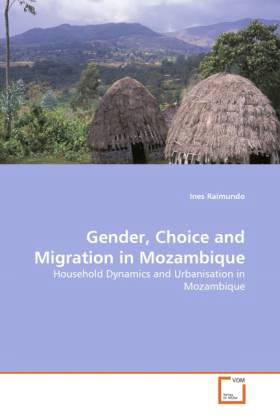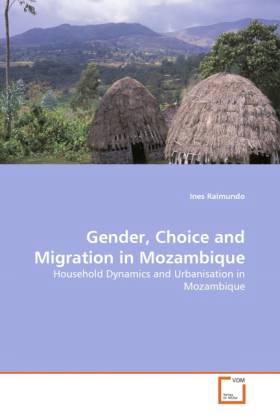
- Afhalen na 1 uur in een winkel met voorraad
- Gratis thuislevering in België vanaf € 30
- Ruim aanbod met 7 miljoen producten
- Afhalen na 1 uur in een winkel met voorraad
- Gratis thuislevering in België vanaf € 30
- Ruim aanbod met 7 miljoen producten
Zoeken
Omschrijving
Migration in Mozambique is firstly a continuation of traditional routes of trade and labour migration in both northern and southern Mozambique. Secondly, in northern Mozambique, the overall trend of migration into the city capital is still low. This is due to the great travel distance. However other influencing factor is the northern region's strong connection of the regional economy with bordering countries to the north - Tanzania and Malawi. Thirdly in northern Mozambique, women are still tied by patriarchy norms with a little evidence of the impact of past-independence events. Fourthly women from southern Mozambique have gained relative freedom to move from their homelands without previous agreements with in-laws. Lastly, the thesis demonstrates that post independence events have changed the structure of households and way of life matters including migration. This is done outside the traditional structure of the household greatly impacting southern Mozambican culture.
Specificaties
Betrokkenen
- Auteur(s):
- Uitgeverij:
Inhoud
- Aantal bladzijden:
- 312
- Taal:
- Engels
Eigenschappen
- Productcode (EAN):
- 9783639288438
- Verschijningsdatum:
- 13/09/2010
- Uitvoering:
- Paperback
- Formaat:
- Trade paperback (VS)
- Afmetingen:
- 152 mm x 229 mm
- Gewicht:
- 458 g

Alleen bij Standaard Boekhandel
+ 155 punten op je klantenkaart van Standaard Boekhandel
Beoordelingen
We publiceren alleen reviews die voldoen aan de voorwaarden voor reviews. Bekijk onze voorwaarden voor reviews.











